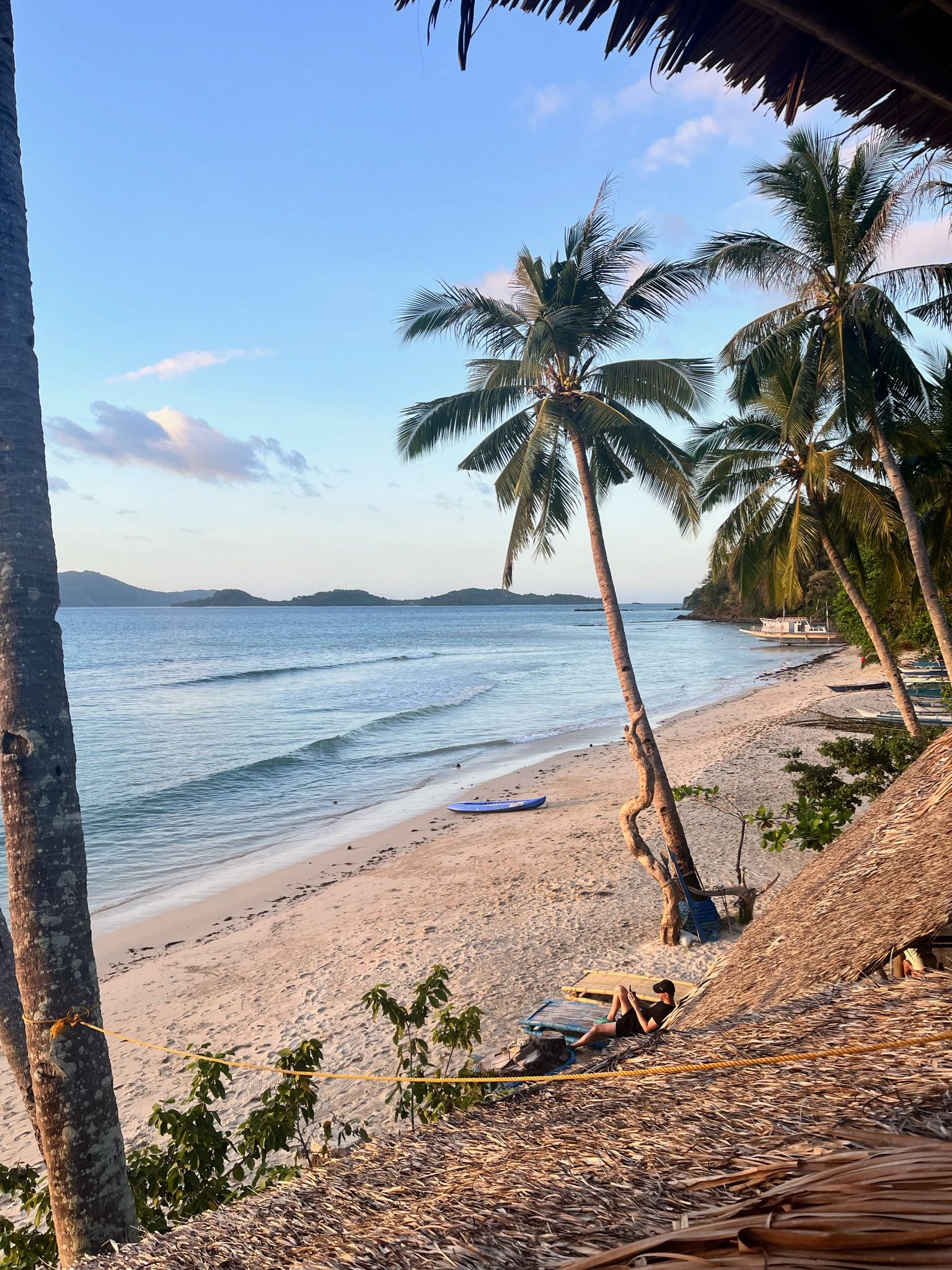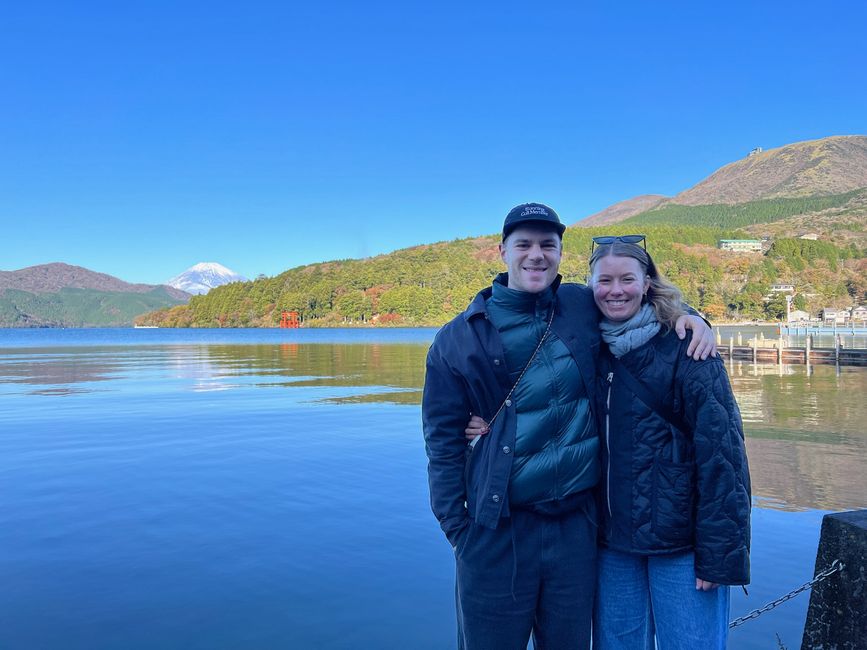Back in Asia: Vietnam
Published: 23.01.2024
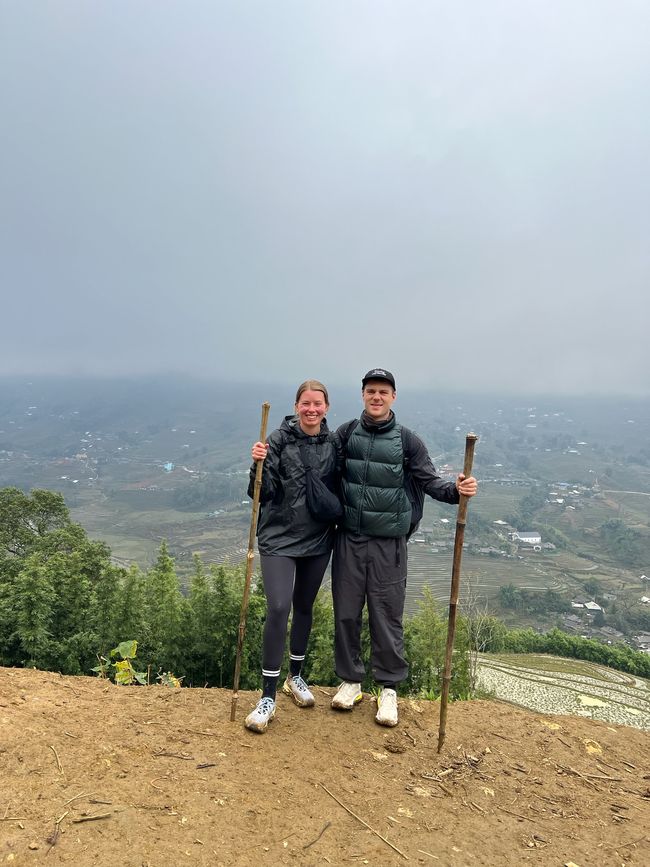
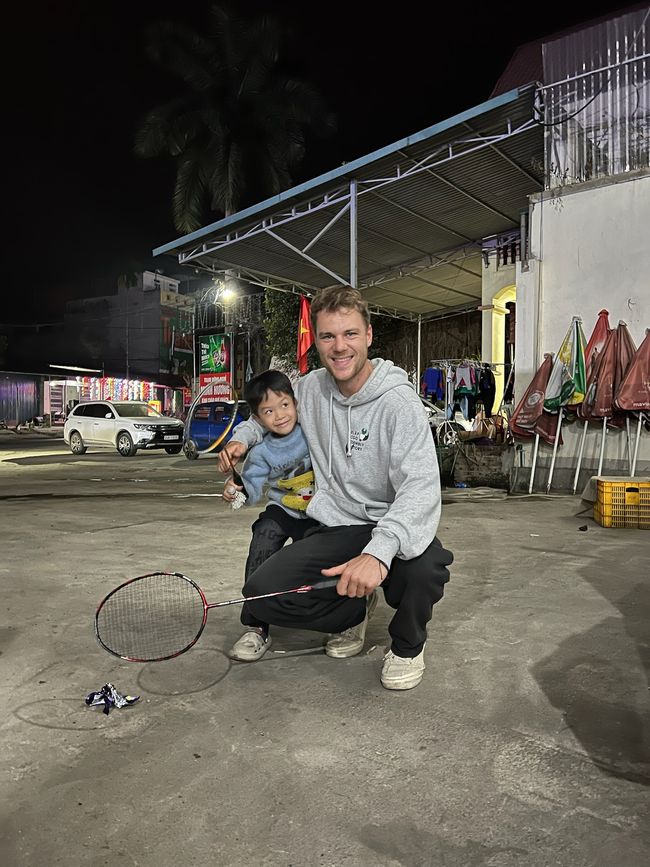
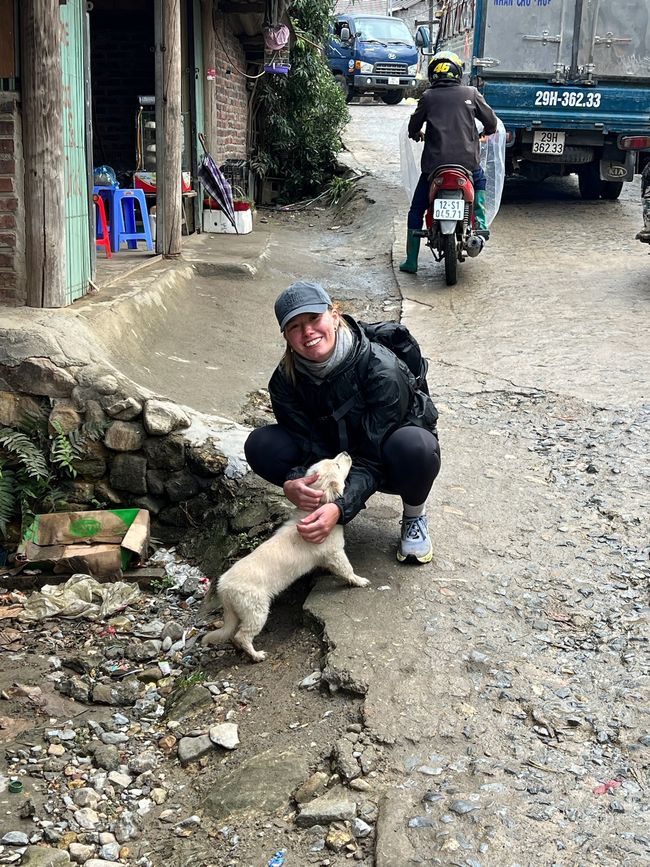
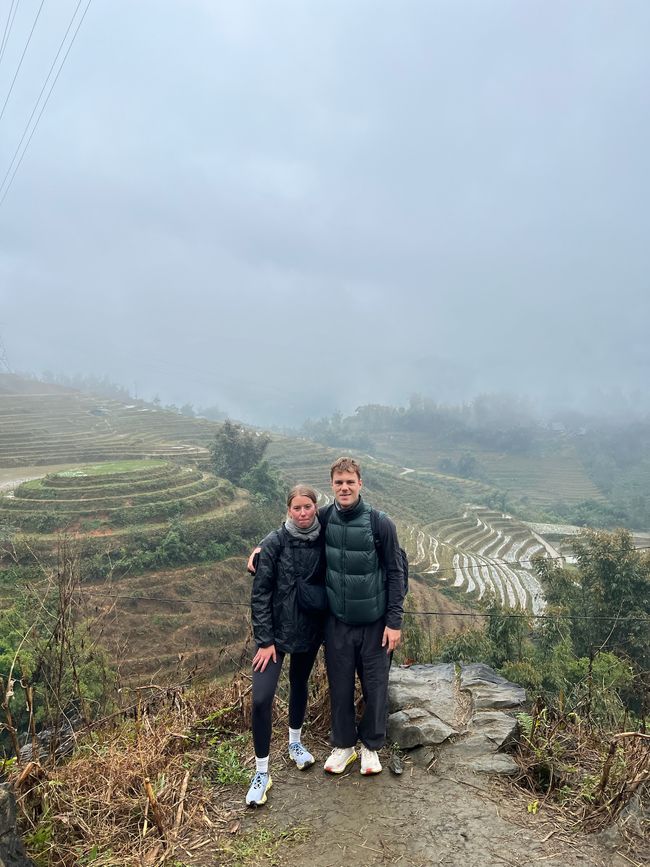
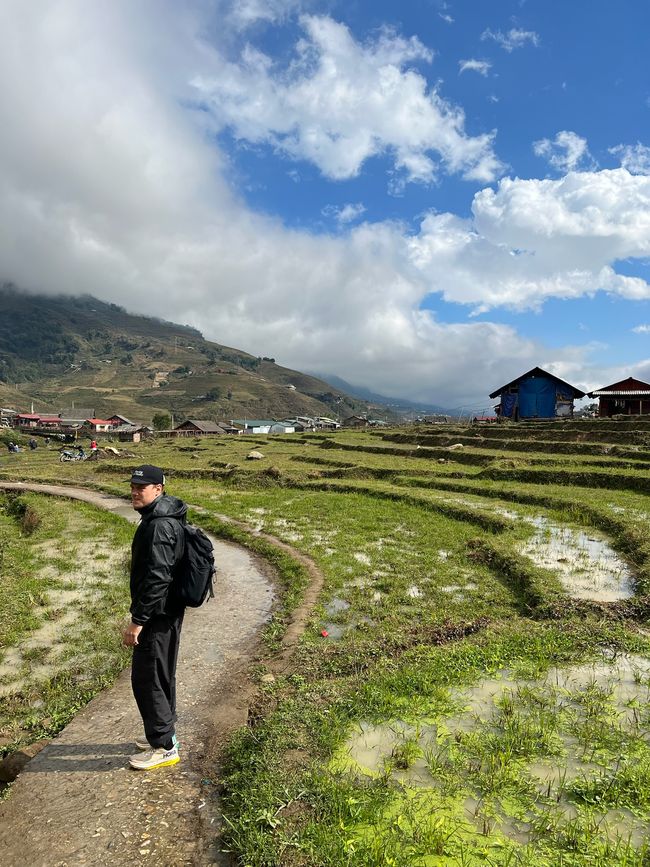
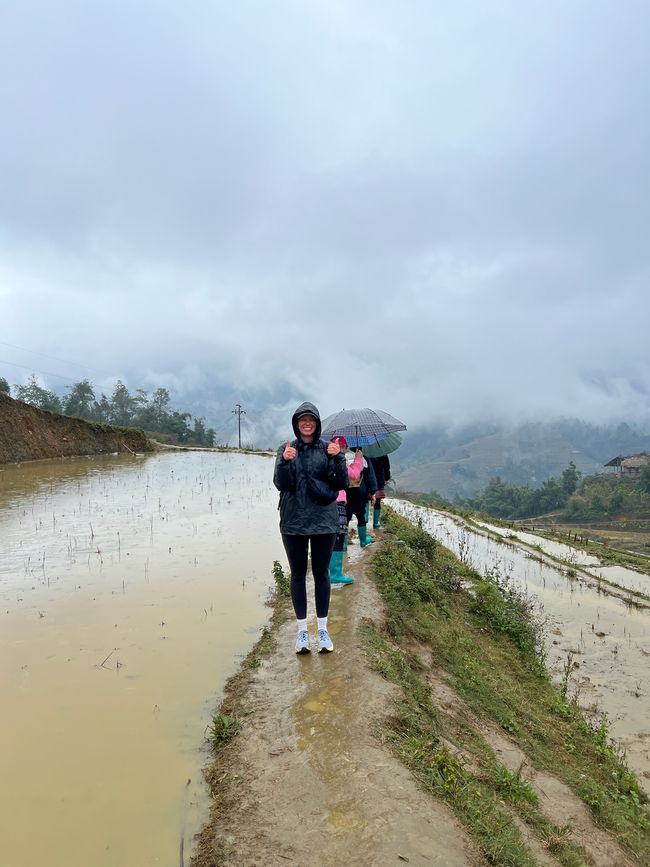
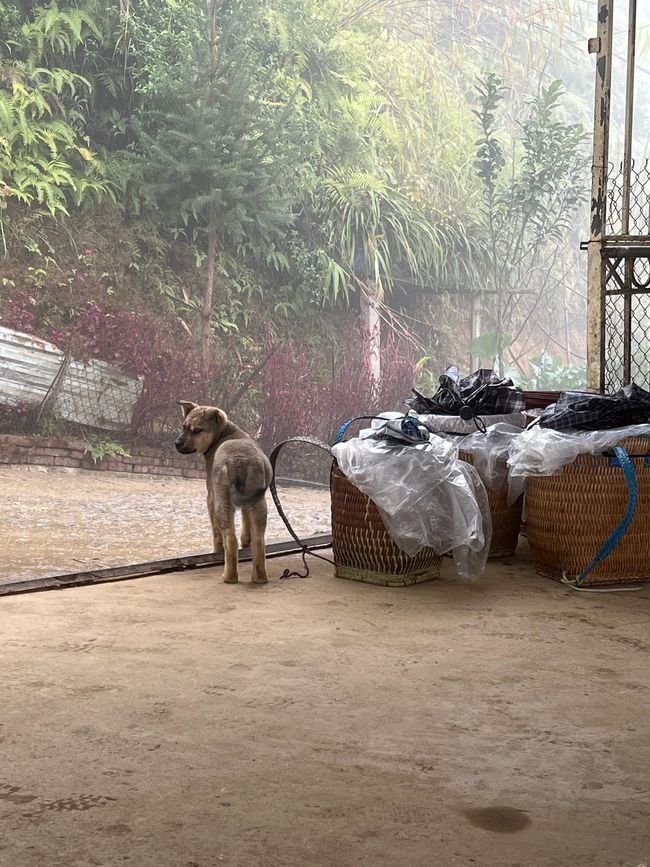
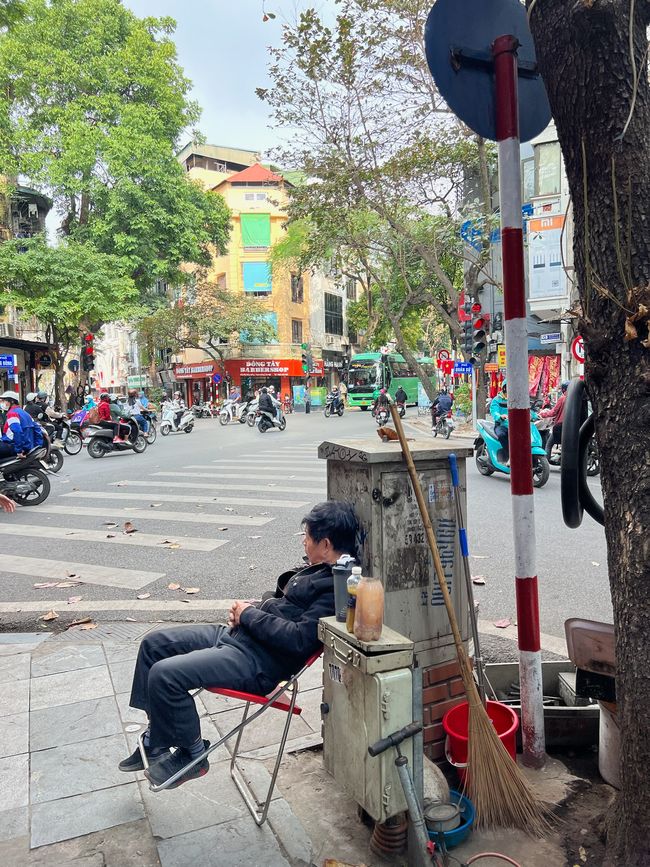
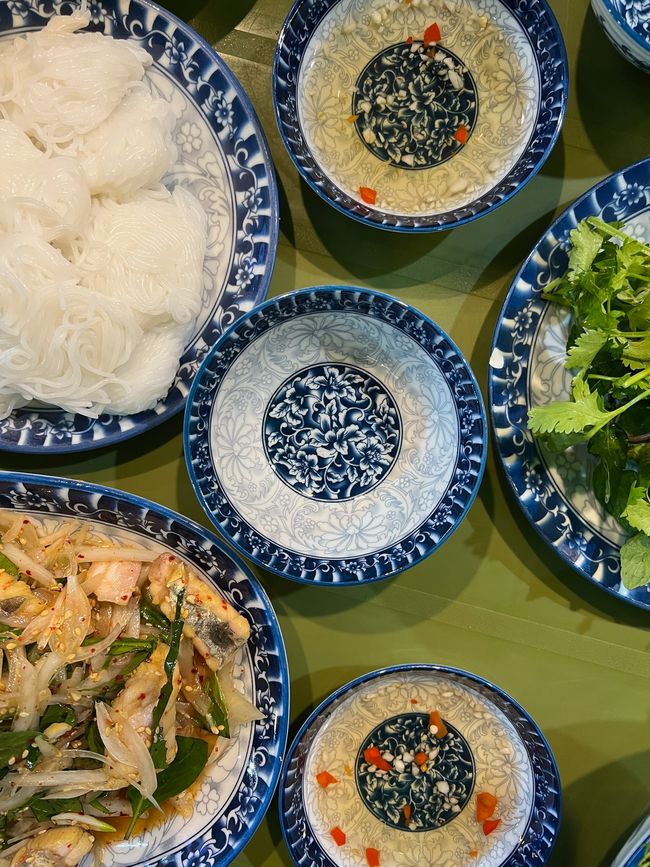
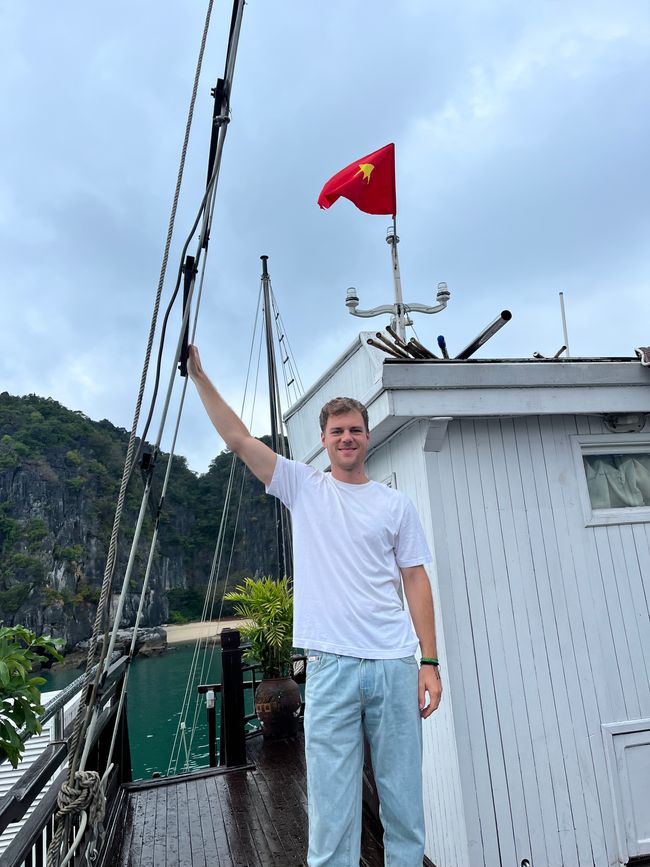
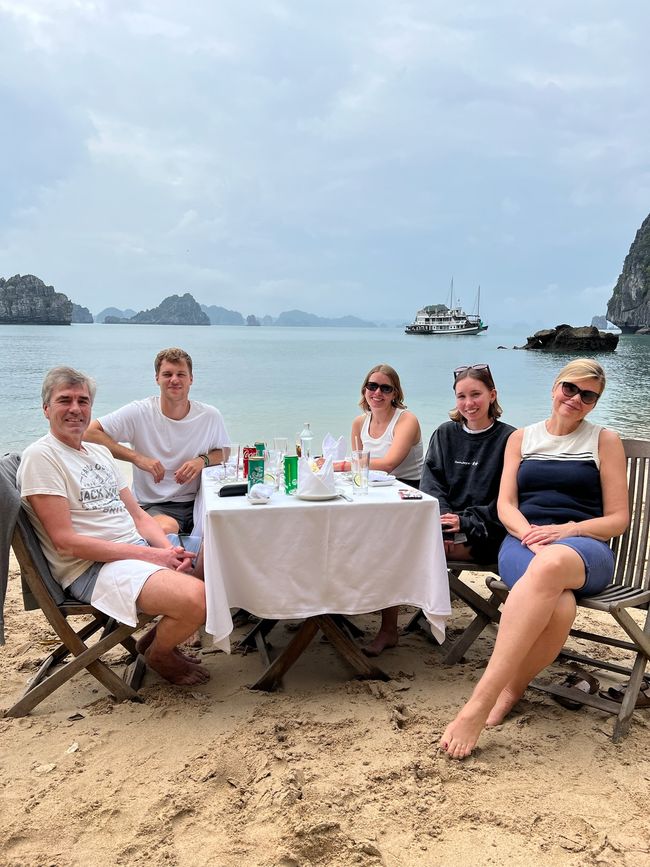
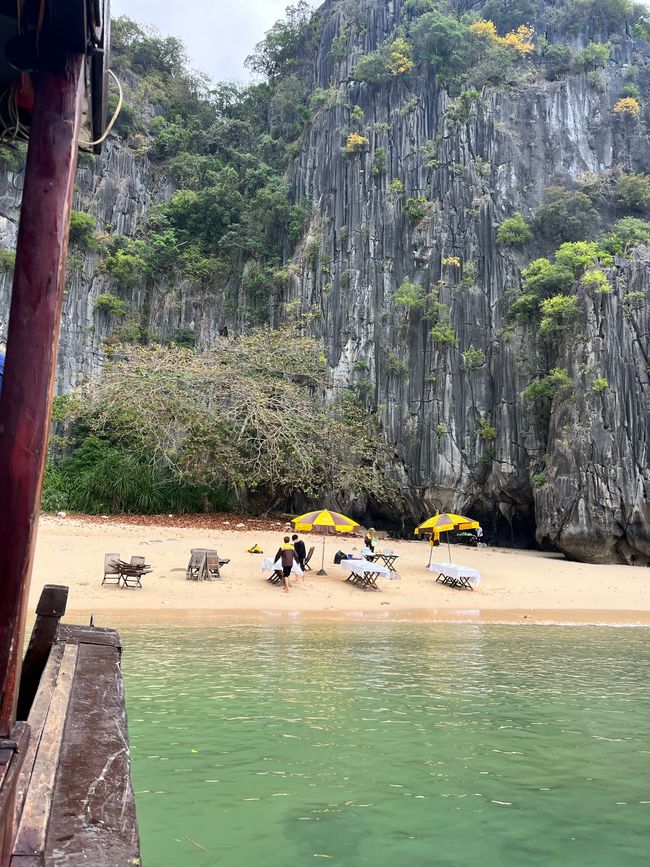
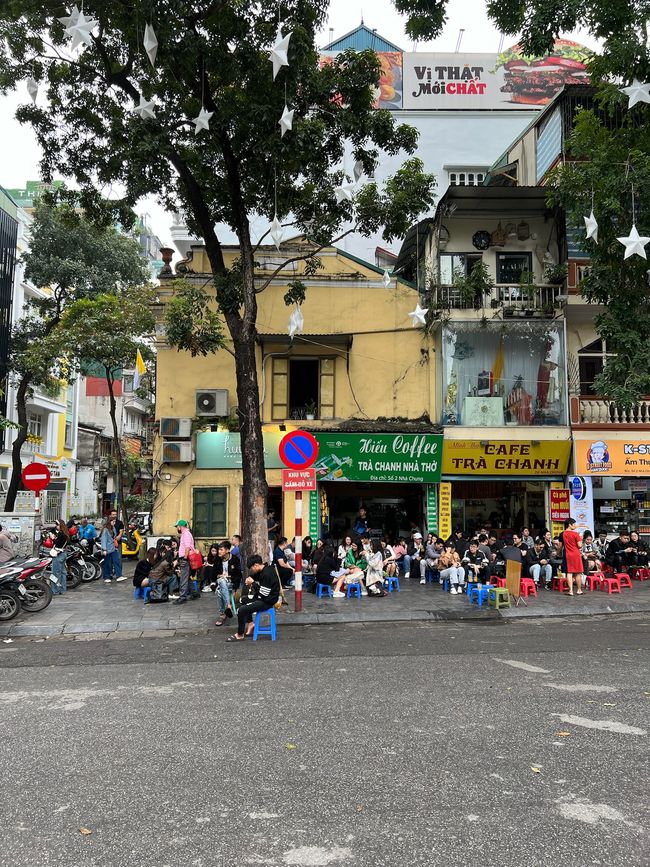
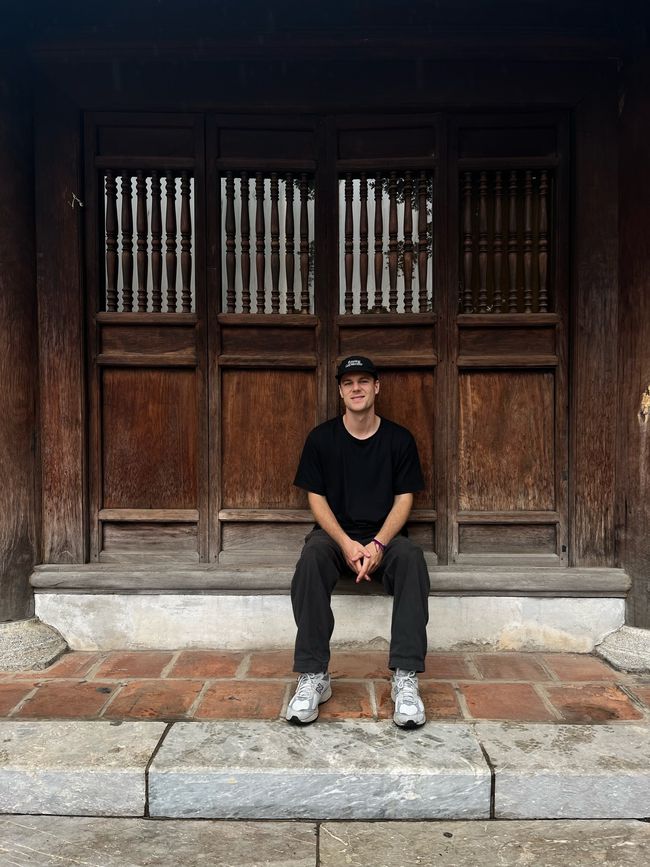
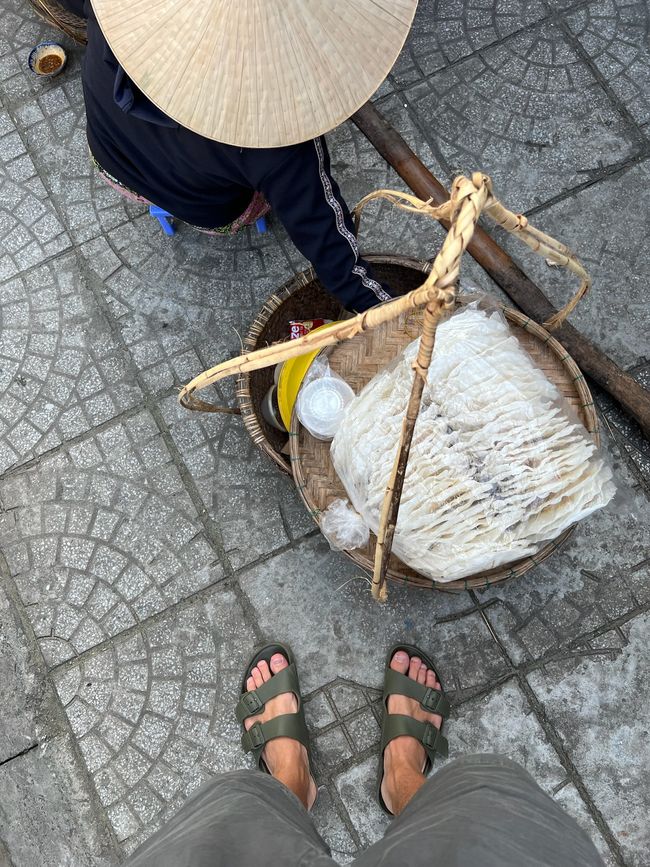
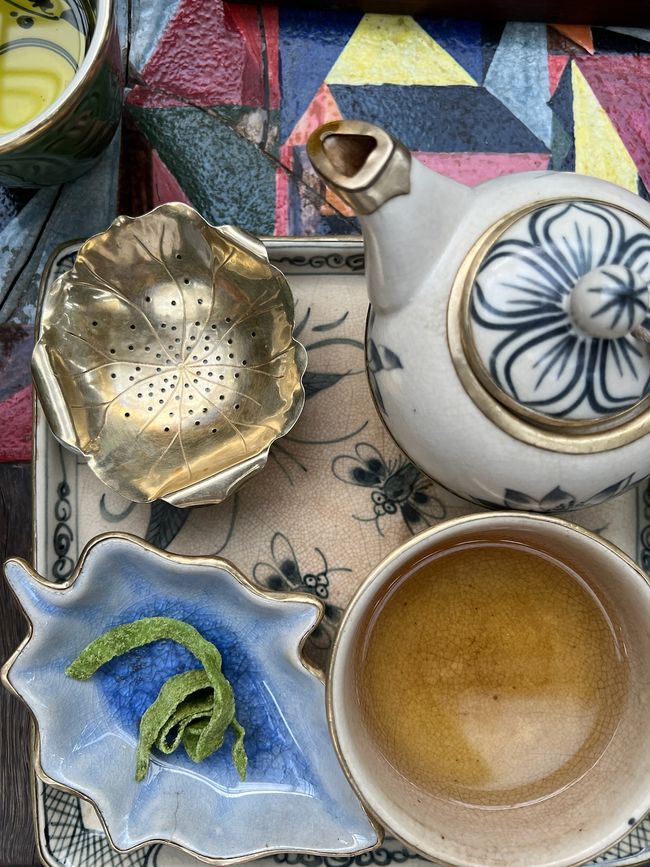
With Japan, Vietnam was one of the few countries where we had planned many stops and different activities.
We started our trip in Sapa, then met Kati's family in Hanoi, visited Ha-Long Bay, spent two more days in Hanoi and then traveled on to Hoi An.
In Sapa, in the north of Vietnam, we were surprised by almost German weather. Although Vietnam had evoked images of sun and beach in our minds, in Sapa, at an altitude of 1,600 meters, it was cold, foggy and rainy. Due to this climate, this region is very suitable for agricultural purposes and is particularly known for its rice fields, which stretch like terraces from the valley to the peaks of the approximately 2000 meter high mountains.
To explore this area, which is sometimes poorly developed by roads, you can hike through the mountains of Sapa for two days. This was also our plan and so we trudged through mud and rainy fields on the first day, but were still rewarded with great views and a warm fire in the accommodation in the evening. The next day wasn't necessarily warmer but luckily less rainy and we ended our hike with great experiences & some new friends.
We then met Kati’s family in Hanoi. She had planned to go on a trip and so our stay in Vietnam fit well into her plan and we decided to plan around 10 days together.
After a short stay in Hanoi, our first stop was: Ha Long Bau, or rather Bai Tu Long Bay. In the smaller and somewhat quieter sister bay of the bay, which is known for its sandstone cliffs, we spent three days with great views, beaches and canoe tours on an old junk with only ten rooms that awoke “Murder on the Nile” feelings in us.
After this great start to our trip together, we spent the next few days back in Hanoi. In general, we were very positively surprised by Hanoi, with its many old houses, great food, impressive history and also the pleasant temperatures (around 20 degrees) which allowed us to explore large parts of the city on foot. What was particularly great was a street food tour that we took and also a visit to the Temple of Literature, a Confucian temple in the city center.
The next and last stop together was Hoi An. Hoi An is known for its well-preserved old town, formerly China Town, as well as the silk trade tailors who probably take up 90% of the shops in the city center. Here we visit the nearby My Son, a temple complex similar to, but much smaller than, Angkor Wat, which was badly damaged by the weather and unfortunately also by American bombs during the Vietnam War. We were impressed to find bomb craters here and the location, in the middle of mountains and jungle.
After Hoi An we continued on to our last stop before our flight back from Bangkok, Thailand.
Answer
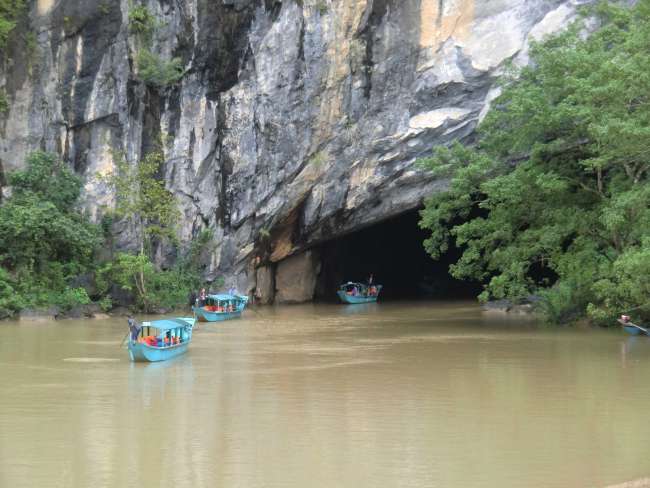
Travel reports Vietnam
